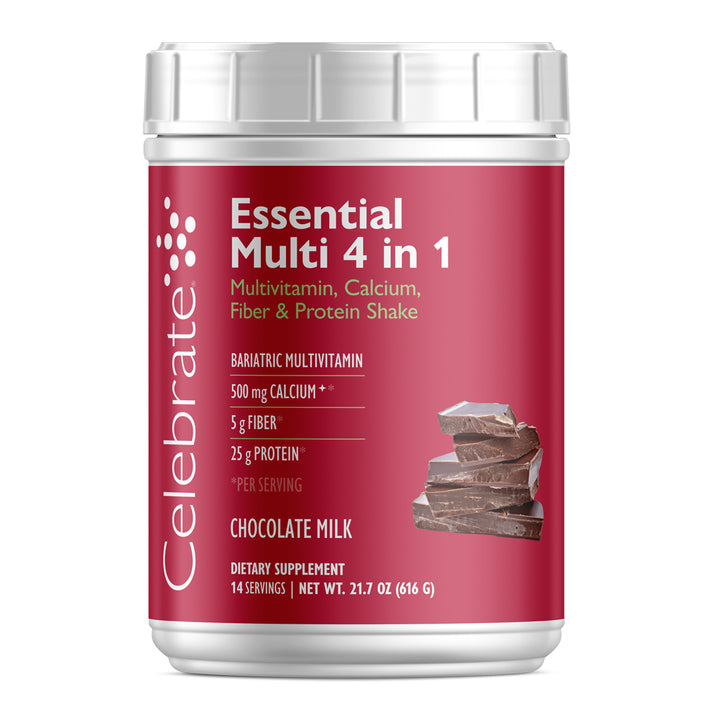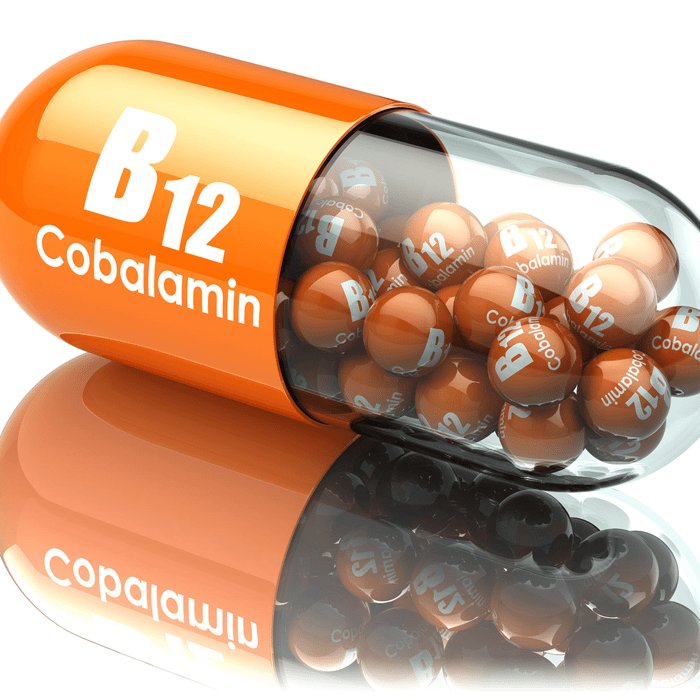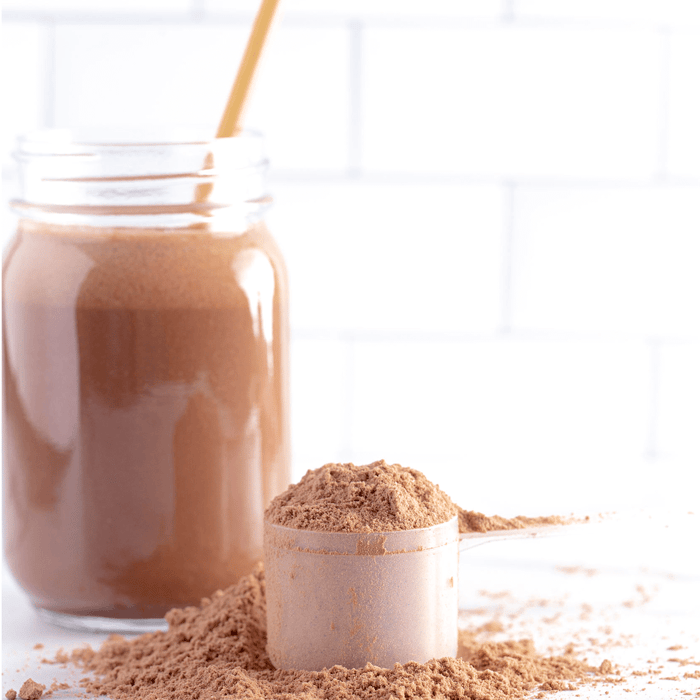Food Intolerances - Which Foods to Avoid After Gastric Sleeve or Gastric Bypass Bariatric Surgery
Lifestyle
January 30th, 2020

Many patients report food intolerances, especially during the period of time immediately following surgery once you're allowed to progress to normal eating. Some foods may not sit well and cause an uncomfortable feeling or even discomfort for a while. What should you expect if you're a pre-op or early post-op patient? What are considered normal food intolerances and are there other causes of food intolerances?
Common Food Intolerances
A few foods that are commonly not tolerated well after bariatric surgery may include, but are not limited to, pasta, breads, rice, beef, chicken, pork, eggs, stringy vegetables, fruit with membranes, foods with seeds, and cow's milk (or other dairy foods with lactose). However, with this in mind, every patient is different with what they can and cannot tolerate. Also remember that each day may be different. One day you may be able to tolerate a food that you may not be able to tolerate a few days later. Another thing to keep in mind is that some patients experience taste changes after bariatric surgery. You simply may no longer have a desire for certain foods that you liked prior to your surgery.
Why Are Certain Foods Not Tolerated?
Some food intolerances are temporary and occur because your new “baby stomach” is not ready to handle that particular food yet. It’s similar to feeding a new baby. You might want to start with one new food at a time, individually, and see how it’s tolerated and then advance from there. By trying only one new food at a time, it helps to determine which food was not tolerated well. Remember to eat only a bite or two of the new food initially. It may be a good idea to try all new foods at home as well until you know better what you can or cannot tolerate. If you experience a food intolerance, many professionals recommend waiting a few weeks before trying it again.
Another reason a food may not be tolerated well would include advancing in the diet stage too quickly. Some patients may need longer than the average recommended time in a diet stage before advancing to the next stage. This is something you can discuss with your surgeon and/or dietitian.
From a more physiological standpoint, food intolerances (in general, not necessarily specific to bariatric surgery) may occur due to not having the proper enzymes or chemicals necessary to digest a particular food. This may cause symptoms ranging from gastrointestinal symptoms, such as diarrhea, bloating, and gas, to headaches, changes in mood, and certain skin conditions. Symptoms may be immediate or may take some time.
Tips to Reduce Food Intolerances.
There are several tricks of the trade that may help with reducing your risk of experiencing a food intolerance. Please talk to your surgeon, dietitian, and/or program before trying any of these to ensure your program is comfortable with your eating plan.
- Pasta and rice – Some patients do well with slightly under-cooking or overcooking. However, most patients do not tolerate these foods until 9-12 months post-op.
- Fresh bread – Try toasting to make it more tolerable. However, most patients do not tolerate bread until about 6-12 months post-op.
- Beef, chicken, pork – Make sure you’re using a cooking method that maintains moisture. Only cook to the safe temperature. Overcooking dries food out making it less tolerable. You can also try using a meat tenderizer or a marinade (watch sugar and fat content) to make meat more tolerable.
- Shrimp – Many patients have said the smaller the shrimp, the better they tolerate them. So it maybe best to avoid these lovely prawns until you get further out from your surgery.
- Eggs – This one is tricky. Some patients can tolerate hard-boiled eggs, while others cannot. Some patients can tolerate scrambled eggs, while others cannot. So try varying the method of how you cook your eggs to see if that makes a difference.
- Stringy vegetables – Use a blender and a strainer to separate indigestible fiber. Some patients may need to wait until 6-12 months post-op to eat certain foods, such as celery, asparagus, etc.
- Fruit membranes – Remove the membranes of oranges, grapefruits, and other citrus fruits to increase tolerance.
- Skins of fruits and vegetables – Remove the skin of fruits until better tolerated, such as apples, plums, peaches, pears, cucumbers, potatoes, etc.
- Lettuce – Lettuce also seems to not be very well tolerated for some patients. Even though we know dark, leafy greens are more nutritious, some patients tolerate iceberg lettuce better initially and then can try the greener lettuce when a little further out from surgery. Other patients have shared that the fresher the lettuce is the better it’s tolerated.
- Foods with seeds – Avoid eating the seed if possible or wait to eat this food until a little further out from your bariatric surgery (examples include strawberries).
- Cow’s milk (or other dairy foods) – Try soy milk, lactose-free milk, rice milk, or almond milk (look for light or lower calorie options) instead of cow’s milk.
- Portion size – Oftentimes it may not be the actual food itself that’s not tolerated, but the portion size of the food. Many times the foods that seem to be “not tolerated,” are actually foods that fill us up faster, therefore requiring that you eat less of them. As we know, it’s difficult to ascertain exactly how much of each food you can tolerate in the beginning, as it takes time and practice to figure out what you as an individual can tolerate. For example, chicken is a common food that’s not well tolerated. Even if you can eat 6 bites of yogurt, you most likely cannot eat 6 bites of chicken. Chicken is a more solid protein and 1-2 bites may be all that you can tolerate early out of surgery. Even eating 1 bite extra is considered overeating, which can cause it’s own discomfort. Work to retrain your mind on recognizing the feeling of fullness, so you can avoid the uncomfortable “stuffed” feeling.
- Pace of eating – It’s important to keep in mind the speed at which you’re eating. You may be able to tolerate a certain food much better if you eat it at a slower pace and ensure that you’re chewing properly.
While this list is not all-inclusive and every patient is different, we hope this will help make your transition to your new eating plan after surgery a little easier for you. Please keep in mind that every program has different recommendations and every patient is different. Something that works for you, may not work for your bariatric buddy. We look forward to CELEBRATING with you as you transition to your normal eating plan!
Essential Multi 4 in 1 Multivitamin Protein Powder with Calcium & Fiber

$41.99
Celebrate Essential Multi 4 in 1 liquid multivitamin protein shake contains a robust multivitamin, calcium citrate, 25g whey protein isolate and soluble fiber, along with 500 mg of an antioxidant blend with added electrolytes. This is the only liquid bariatric… read more



